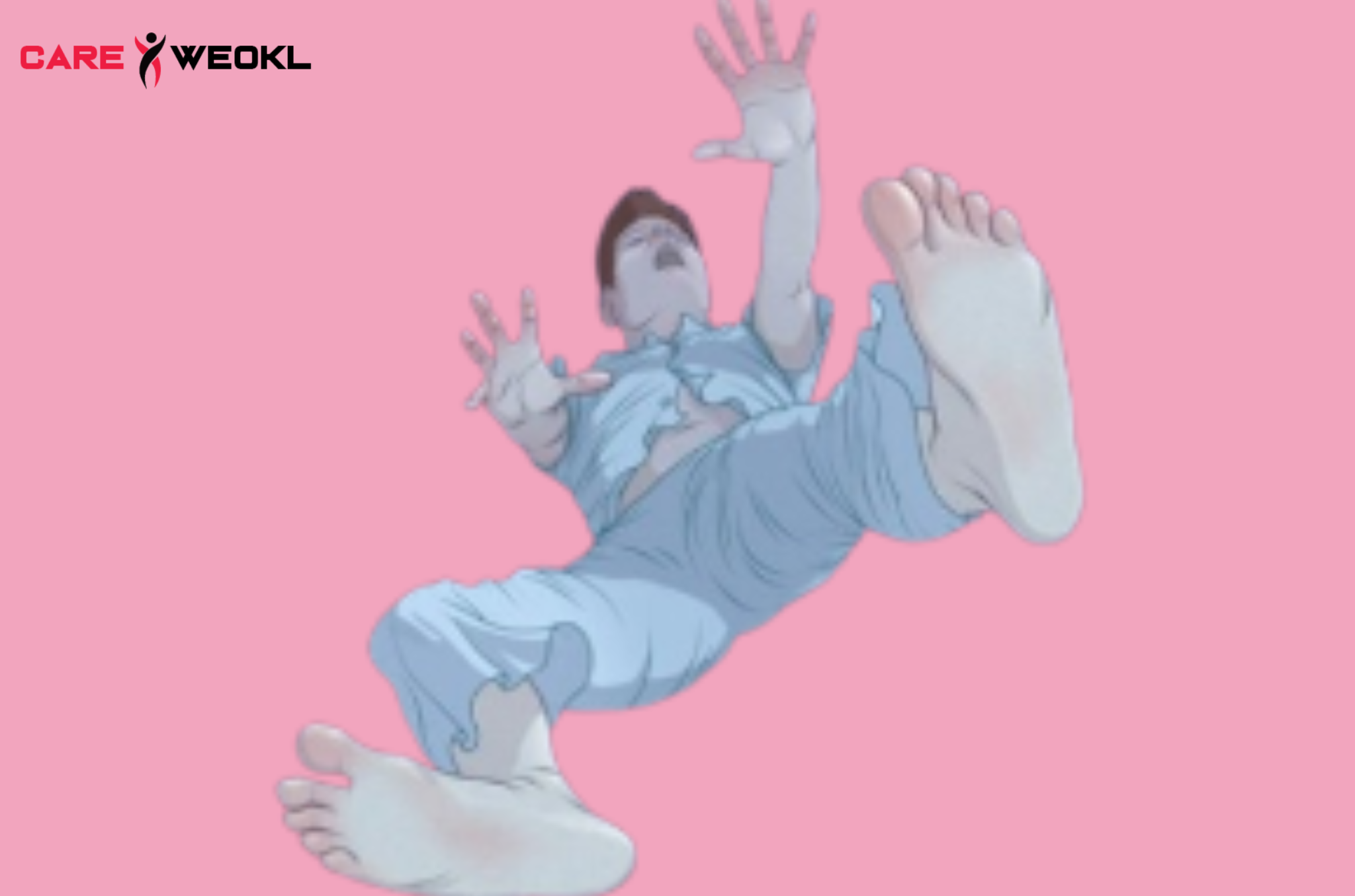IF YOUR BODY SUDDENLY JERKS WHILE YOU ARE FALLING ASLEEP, THIS IS WHAT IT MEANS
Have you ever experienced a sudden, involuntary spasm while you were asleep? If so, you’re not alone. This common phenomenon is known as a sleep spasm, and it happens to many people around the world. But what exactly causes these spasms, and should you be concerned about them?
What are sleep spasms?
Sleep spasms, also called sleep twitches, are sudden muscle contractions that occur when you transition from wakefulness to sleep. These involuntary movements can be mild or severe, and sometimes they’re strong enough to wake you up. Some people may also feel a falling sensation before the spasm occurs.
What causes sleep spasms?
While the exact cause isn’t fully understood, several factors may contribute to sleep spasms:
Stress and anxiety – High levels of stress or anxiety can overstimulate the brain, making it difficult to relax before bed, which can lead to sudden muscle spasms.
Caffeine and stimulants – Consuming caffeine or other stimulants right before bed can keep your nervous system active, making twitches more likely.
Physical fatigue – Exercising too much during the day can strain your muscles, making twitches more likely as your body tries to relax.
Sleep deprivation – Not getting enough sleep disrupts your normal sleep patterns and can increase the frequency of twitches.
Evolutionary theory – Some researchers suggest that twitches may be a primitive reflex inherited from our ancestors, designed to keep them from falling out of trees while they were asleep.
Medications – Certain medications, especially those that affect the central nervous system, can increase the likelihood of twitches.
Should you be concerned?
Twitches are generally harmless and do not indicate any underlying health condition. However, if they become frequent and regularly disrupt your sleep, they could be a sign of an underlying problem such as sleep disorders, restless legs syndrome, or neurological conditions. In such cases, it is advisable to consult a doctor or sleep specialist.
How to Reduce Sleep Jerks
If you find these jerks bothersome, here are some ways to reduce their occurrence:
Manage stress – Practice relaxation techniques such as meditation, deep breathing, or yoga before bed.
Avoid stimulants – Limit your intake of caffeine, nicotine, and alcohol, especially in the evening.
Improve sleep hygiene – Create a consistent sleep schedule and create a relaxing bedtime routine.
Exercise regularly – Moderate physical activity during the day can help regulate your sleep cycle.
Limit screen time – Limit exposure to blue light from screens at least an hour before bedtime to improve sleep quality.
Final thoughts
Sleep jerks are a normal part of the sleep transition process and are usually nothing to worry about. However, if these attacks become excessive or frequently disrupt your sleep, making lifestyle adjustments or seeking medical advice may help. Understanding why these attacks occur can give you peace of mind and allow you to rest more.



